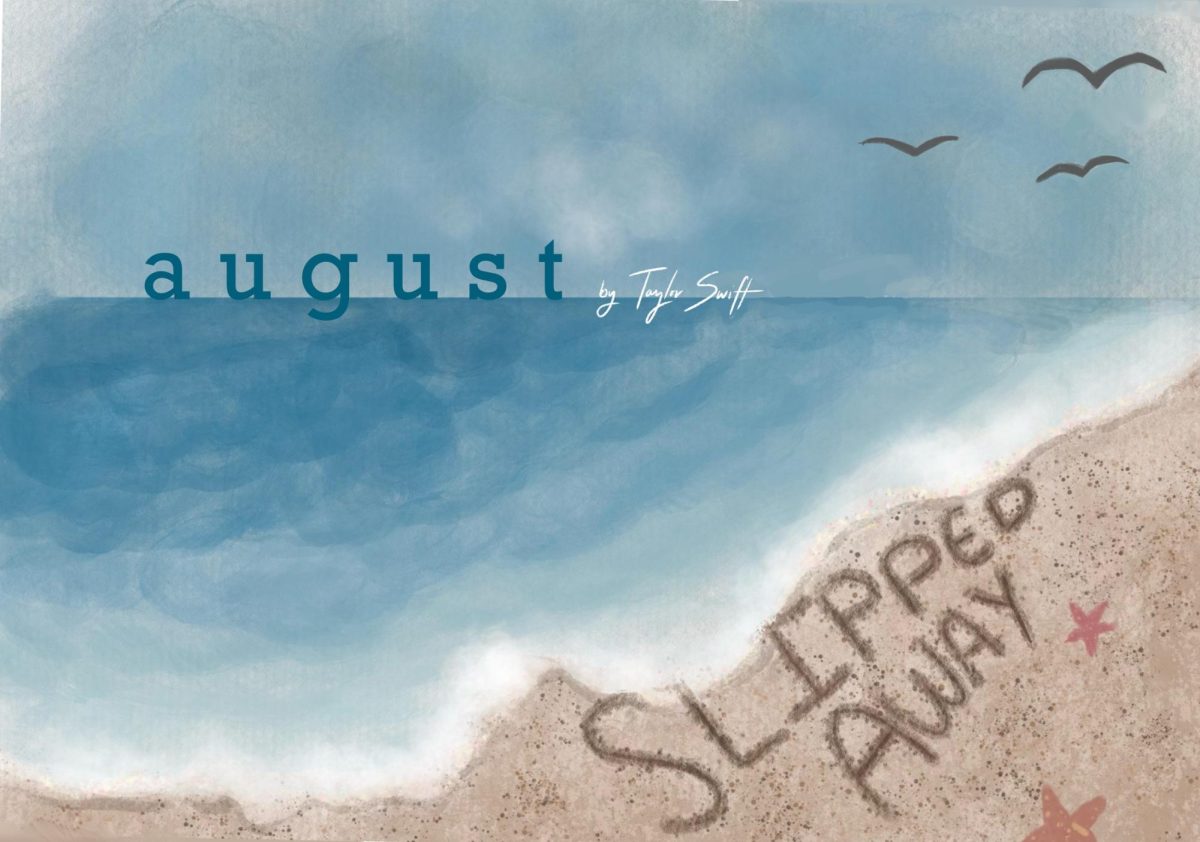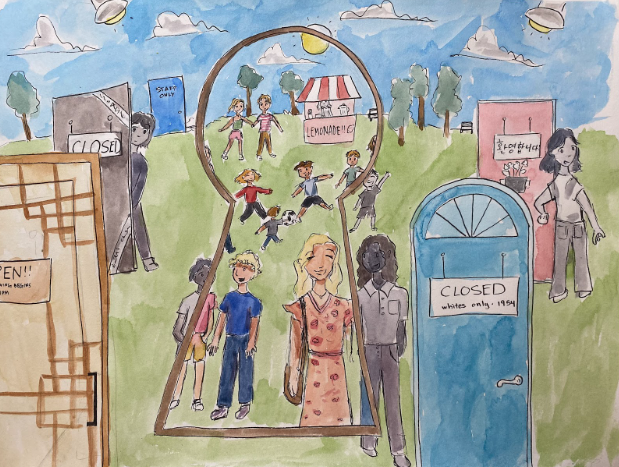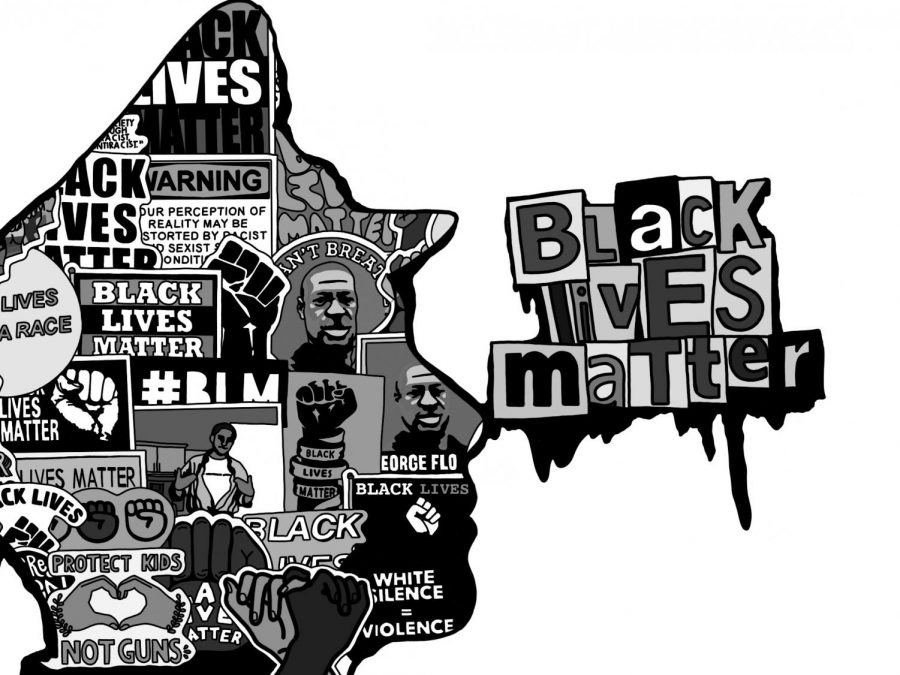Every time a foreign crisis arises, many Americans suddenly morph into foreign policy experts. As with every terrorist attack, our nation’s response has implications that range far beyond avenging the dead. I know little about foreign policy, but I consider myself to know more than most. This is because most know absolutely nothing.
The deaths of four Americans, including the U.S. Ambassador to Libya, will undoubtedly stir debate in the coming weeks over our role in the Middle East. Our national response will likely focus on one question: Why should we try to help the Middle East when they keep killing the people we send to help them?
It’s a question many are asking, and the answers aren’t simple, but the tone of the question itself betrays the spirit with which we should approach the unrest in the Middle East.
I’m hoping compassionate ignorance is the response that the American people take to the attack on the United States’ Consulate in Benghazi. There’s no comprehending the depth of the terror and longing felt in the Middle East, or the perfect path to secure for them the same freedoms we enjoy. Our revolutionary war was fought long ago, after all.
We should have some vague idea, however, that now is not the time to let citizens be slaughtered while we stand back, likely lauding “American exceptionalism” all the while.
It is easy to resort to xenophobic isolationism, shunning dying Middle Eastern citizens who are being slaughtered in Syria and virtually everywhere else in the Middle East for their independence.
That wouldn’t take foreign policy expertise, and you wouldn’t be exposing an unpopular view with your neighbors during your block party, but you’d be forgetting the history of our nation.
The United States was formed by a revolutionary war. The United States scraped through a bloody civil war. In both conflicts, we couldn’t do it alone. Without France, we’d likely be at least three times more excited for royal weddings (if that’s even possible) and fifty times as likely to know who David Cameron is.
We may not be experts in foreign wars, but every citizen should understand that the United States couldn’t have secured its independence alone. We have no legal obligation to hand the Arab world its independence, but since September 11 we’ve known that there’s no way to sequester ourselves from these conflicts.
Bombing in vengeance and retreating in shame didn’t work when President Bush attempted it, and that is what happens when foreign policy is dictated by the caprices of ignorant men.
Libya has already made progress, and Syrian unrest poses an increasing threat. America’s place cannot be as the world’s superpower and as its benchwarmer. We should not let popular opinion waste the good work that Christopher Stevens was doing with pride.
We should hope compassionate ignorance finds a place in each voter’s heart.








